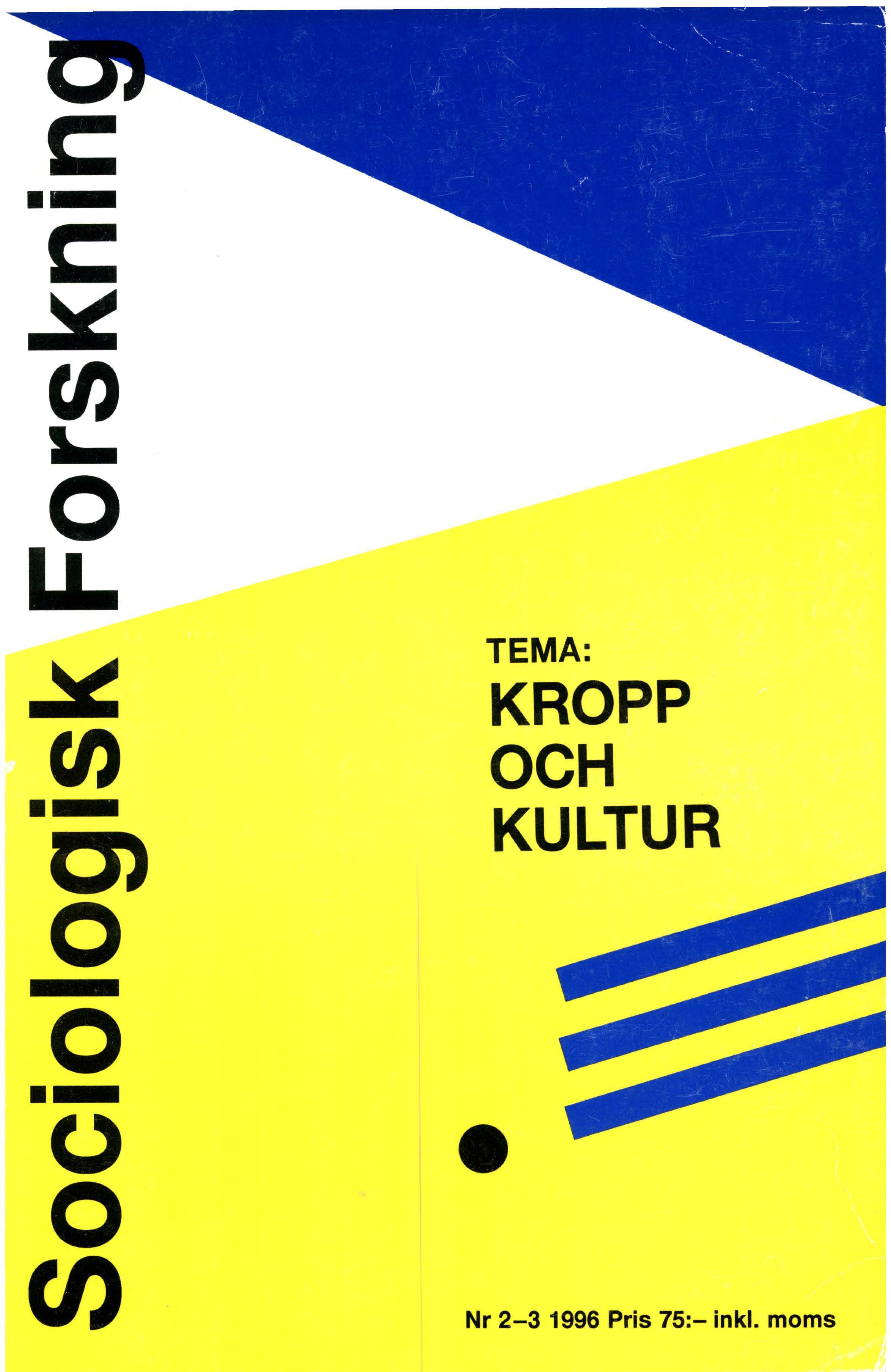Kroppen, viljan & skräcken för att falla: ur den manliga självbehärskningens historia
DOI:
https://doi.org/10.37062/sf.33.18560Abstract
The body, the will and falling-anxiety: from the history of male self-control
This article discusses the historical origin of some problematic traits of character in modem man, such as emotional numbness and incapability of intimate relations. In contemporary public debate these traits of character have often been attributed to the modem male in particular. In the long-term perspective of western disciplination and civilisation (M. Foucault, N. Elias), and also considering the changes of attitudes toward masculinity (P. N. Steams) the issue is discussed with the help of two case-studies. One of the cases concerns a schizoid patient treated by the psychoterapist A. Lowen and the other deals with the Swedish seventeenth-century priest Jacob Boethius. Furthermore aristocratic ideal of manliness is briefly discussed.
Downloads
Published
How to Cite
Issue
Section
License
All content in Sociologisk Forskning is published with immediate open access, under the Creative Commons license CC BY-NC-ND 4.0.
All content may be read, downloaded, shared and printed for non-commercial purposes, free and without fees. Contents may not be altered. When content is reused, author, source and a link to the copyright licence must be provided. The author retains copyright to their content. No publication fees are charged.





